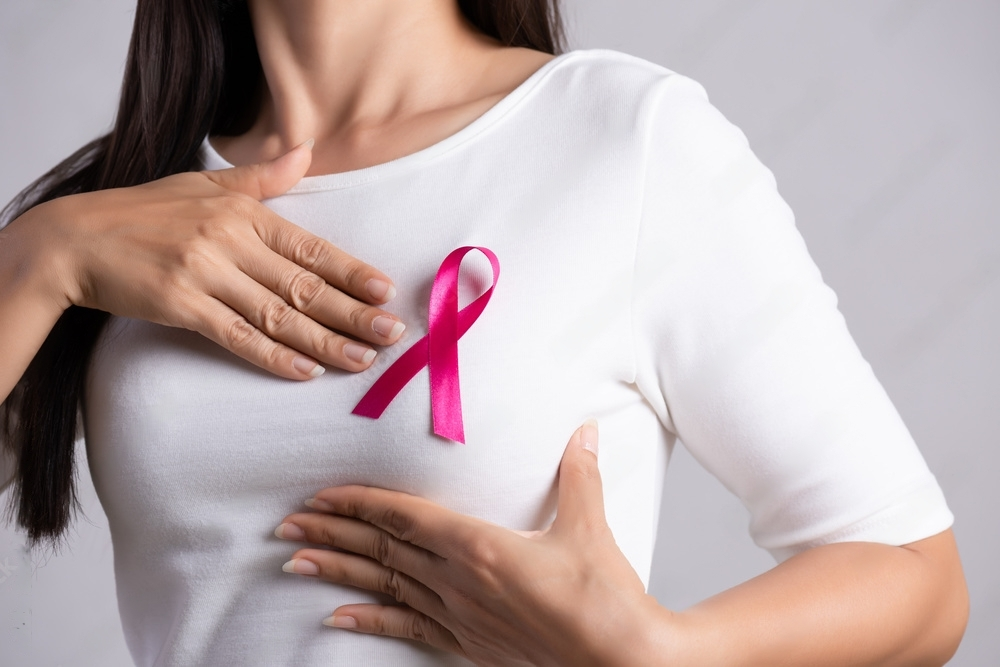

It is the most prevalent type of cancer in women worldwide.Reducing its impact needs early detection through screening and knowledge of risk factors and symptoms.
It is essential to understand the various stages of breast cancer and the available treatment choices, particularly if the disease is discovered early, as in Stage 1.
What is breast cancer in stage one?
Stage 1 breast cancer is considered an early stage because the tumor is small and localized. It is further classified into two types based on the size of the tumor and whether it has progressed to the lymph nodes.
Stage 1A: The tumor measures 2 cm or less and has not spread to the lymph nodes.
Stage 1B: There may be small clusters of cancer cells in the lymph nodes, but the tumor remains small (less than 2 cm).
Causes and Risk Factors
Breast cancer can develop due to a combination of genetic, environmental, and lifestyle factors. Some of the known causes and risk factors include:
Genetics: The chance of developing breast cancer is greatly increased by inherited genetic abnormalities, such as BRCA1 and BRCA2. However, the majority of breast cancer cases are not inherited.
Family History: Breast cancer risk may be raised by a family history of the disease, particularly in first-degree relatives (mother, sister, or daughter).
Gender:
The main risk factor for breast cancer is being female, though it may occur in men, albeit less commonly.
Age: Breast cancer is more common in women over 50, with most instances being detected as the disease advances in age.
Reproductive History: Risk factors include never having children, late menopause (beyond age 55), and early menstruation (before age 12).
Hormone Replacement Therapy (HRT): The risk is increased by long-term use of combination hormone replacement treatment (progestin + estrogen) after menopause.
Radiation Exposure: Prior radiation treatment to the face or chest, particularly in early adulthood or infancy, may raise the risk.
Obesity: Breast cancer risk is increased in those who are overweight or obese, particularly after menopause.
Curability of Stage One Breast Cancer
Stage 1 breast cancer can be highly treatable, with a five-year survival rate of approximately 100% for many women who get proper therapy. Individuals diagnosed with Stage 1 breast cancer have to collaborate together with their healthcare team to develop a personalized treatment plan that takes into account their unique circumstances and requirements. Early detection and treatment can dramatically improve the prognosis for patients with Stage 1 breast cancer.
Treatment Options
ØSurgery
ØRadiation Therapy
ØChemotherapy
ØHormone Therapy
ØTargeted Therapy
Conclusion
Understanding Stage 1 breast cancer and the potential treatment choices empowers those who have been diagnosed with the disease at this early stage. Early detection and appropriate treatment improve the outlook for Stage 1 breast cancer.
Navigating the obstacles of breast cancer can be frightening, but with help, information, and a proactive approach, you can strive toward a brighter and healthier future.